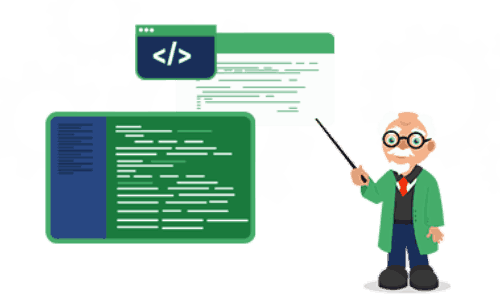Java Serverless Developer course is intended for students who wish to make career as a cloud developer whose main job will include developing event-driven, microservice-based applications on AWS cloud. Students wishing to enrol in this course should have knowledge of Java and web technologies like HTML, CSS, and JavaScript. In this course, you will learn about AWS Lambda concepts for ephemeral states, concurrency, cold and warm starts, event sources, memory and time-out settings, and invocation models.
As a capstone project, you will develop an application on the AWS Cloud by using various cloud tools like Amazon EventBridge, Amazon Simple Notification Service (SNS), Amazon Simple Queue Service (SQS), Amazon Kinesis, etc. We put emphasis on teaching best practices and writing performance driven Lambda functions. At the end of the capstone project, you will learn how to use AWS frameworks to deploy your serverless application on the AWS cloud. We take hands-on approach to teach complex topics in an easy manner.
In addition to the above, student will learn the three pillars of observability which are monitoring, tracing, and logging which help to keep control of cost, optimise performance, and application resilience. You will use AWS X-Ray to analyse and debug distributed applications and Amazon CloudWatch to monitor system performance.



 Premium Career-Ready Track
Premium Career-Ready Track












